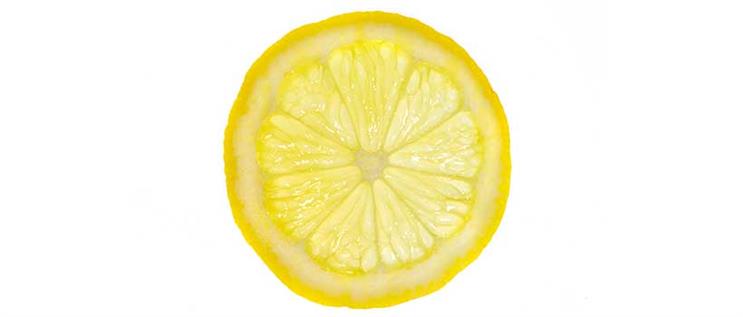Lemon was the name chosen by the IPA for its recent publication, which, it claims, will help reverse a crisis in creative effectiveness.
Its title is a homage to the seminal DDB Volkswagen Beetle print ad that launched a creative revolution. But as the book discusses the difference between emotional and rational advertising, it might as well have been given that moniker in respect to two other famous lemons – Poirot’s buttoned-up and efficient secretary Miss Lemon and the larger-than-life comedic creation Keith Lemon – given their differing personalities and qualities.
The theory of left-brain and right-brain thinking rests broadly on the premise that the left side of the brain deals with fact, logic, maths and linear thinking (like Miss Lemon), while the right processes intuition, imagination, feelings, visualisation and the arts (a bit like Keith).
The book Lemon. How the Advertising Brain Turned Sour (to give it its full name) was written by Orlando Wood, chief innovation officer at an agency formerly known as Brainjuicer but which has pinned its colours so closely to the concept of System 1 thinking, it has adopted System 1 Group as its name. System 1 thinking was conceived as a concept by Daniel Kahneman who proposed that there were two systems of thought – one fast and easy, the other slow and effortful. System 1 is fast, intuitive, creatively guided and intrinsically long term, it is claimed in the book. With long-term memories generated by emotional response, it is, therefore, largely guided by emotions processed by the right-hand hemisphere of the brain.
It’s a convenient enough shorthand for a complex process (although in fairness the book does provide exhaustive examples and evidence for the theory in its 124 pages). But some, including the neuroscientist Dr Thomas Ramsøy, director of the Center for Decision Neuroscience at the Copenhagen Business School, are dismissive of the concept of left-brain versus right-brain thinking. As Phil Barden, managing director of Decode, pointed out on 北京赛车pk10’s site, Ramsøy recently described it in September’s Journal of Advertising Research as one of the "extreme and long-abandoned brain myths".
Myth or not, there is compelling evidence that levels of creativity have fallen despite (or, more likely, because of) the revolution in advertising technology. Figures from the IPA Effectiveness Database show that, since 2006, the proportion of short-term campaigns has risen at the expense of longer-term brand campaigns. At the same time, an analysis of Cannes Lions winners reveals that every Grand Prix and gold Lion entry in the video category since 2010 has elicited a stronger emotional response than average.
The crisis in longer-term brand campaigns can be resolved, it is argued, with a wholesale change in thinking, briefing, agency structures and working practices to re-establish right-brain dominance. This would promote creative effectiveness, rather than the short-term thinking that is diminishing advertising’s role and reputation.
Lemon is a welcome addition to the ongoing (and long-running) debate between brand building and tactical advertising. Moreover, it could well prove to be a timely intervention, bearing in mind the relatively recent arrival of management consultancies on adland’s turf. After all, what could be more left-brained than them?
So, in the context of the importance of creative effectiveness, it was particularly rewarding to see so many winners from different agencies at the 北京赛车pk10 Big Awards (and the Media Week Awards). The night, however, belonged to Abbott Mead Vickers BBDO, which scooped several accolades, including the inaugural D&I Award.
Vicki Maguire, co-chair of the 北京赛车pk10 Big Awards judges and the incoming chief creative officer of Havas London, announced on the night that 2019 was the "year of the vag", given the success of AMV’s "Viva la vulva" for Bodyform/Libresse. This might come as news to observers of the Chinese Zodiac, for whom 2019 has been the year of the pig. But there’s little doubt, on the basis of the campaign’s success at a variety of other award ceremonies, including Cannes and the Brand Film Festival, that it has been an outstanding piece of creativity.
Given its startling creativity in a sector where, until recently, ads featuring blue water and women still managing to enjoy active lives during their period was the default position, "Viva la vulva" is surely an exemplar of the right-brain thinking to which Wood’s IPA book is dedicated. Credit to AMV for that. It is also a brilliant example of a client willing to take risks that the left brain might otherwise determine do not compute.
Lemon presents a particularly dystopian and bleak vision of creative effectiveness, so it is heartening to see that there are still examples of great work managing to find their way out of agencies. While Lemon suggests the advertising brain is in danger of turning sour, this makes AMV’s victory all the more sweet. It’s a peach.


